Borderline and other "incurable" mental disorders
Hello everyone! It's always a blessing to see that this community is still alive and growing. Much love to all of you! ![]()
I'm struggling with my female partner who has borderline disorder. Yesterday, she tried suicide in 3 different ways (car, medicament overdose and knife). If I wasn't there to stop her, she would be dead by now.
Borderline people have MUCH more intense emotions, high impulsivity, "black or white" thinking, and a distorted perception of reality — as if the world is against them (subconsciously). They also carry all the time a big terrifying feeling of emptiness/void that grows in intensity when conflict happens. I have a sense that this is the source pain, and if they put the attention there, they will be cured. But my girlfriend just can't access the fullness of it. And when she does, the pain is immeasurably existential.
The subject of "mental disorder" has always intrigued me... if we're all consciousness and energy beings, people with mental disorders simply have more stuff to process (trauma, guilt, grief, etc), right? But it's far from that simple in real life since the borderline symptoms are very specific, and there's scientific proof that many areas of their brain are damaged/deficient/hyperactive.
So I always come up with the same question: if we're all subject to self-actualization, are these so-called incurable mental disorders (like borderline, schizophrenia and psychopathy) really incurable?
I'm also open to helpful insights regarding BPD. Do you have it? Do you know something that helps mitigate it?
Thank you!
- Add new comment
- 252 views
Comments
I feel like I was born to hurt her
Comment
Hi Open, thanks. I just read again the 'What Spiritual "Empaths" and "Catalysts" might Learn From Each Other' thread.
Yes, she has many fight/flight mechanisms and seems to have an unconscious victim mentality. When conflict arises, no matter what I say, I always end up being the oppressor. Ironically, her victimization has made me angry (aka the "oppressor") several times — which is something I do work with now to act in a more compassionate way. But that doesn't mean she doesn't get angry either, she actually does more often than I do, but it's almost impossible for her to recognize it.
Our conflict-reflections are always very clear and most of the time "inevitable". I feel like I was born to hurt her, even though most of the time I'm really just trying to help her out.
She's very depressed now and there's almost nothing I can say, but I will eventually tell her about setting more effective boundaries and doing things her way. I don't know if she takes on the feelings of others as their own, but when she gets hurt it's never a small wound. It's always a F huge wound and she's tired of that to the point of not wanting to live anymore.
I can't tell you about the intervention, I don't know...
But we feel hopeless because science says that borderline disorder is incurable. So although one part of me knows we're all energy beings able to self-actualize (in that sense, there's no such thing as "mental disorder"), another part of me feels sorry to know that some physical limitations (in this case, brain related) can prevent some people to live their full potential. I don't know which one is right... you do?
The dynamic of oppressor and victim in relationships
In reply to I feel like I was born to hurt her by Edu
Comment
Hi Eduardo - firstly let me say I feel for you, because it's clearly a difficult and deeply challenging process. However, it is not one that is at all unusual. In fact I'd say there are probably thousands or millions of relationships in that kind of polar dynamic. When someone is being heavily in the victim, yes, it can be that you always end up being the "oppressor", no matter what you do. And it does sound like a dynamic where your partner is highly empathic and easily takes on other energies. You often find that entities play in the dynamic so as to limit both partners and keep them locked in mutual co-dependency. It's a tricky situation which, speaking from experience, you'll have to work hard to resolve. That said, with courage and commitment, it can most certainly be resolved.
Where anyone is suicidal, it can be that they actually are, or else the depression draws supportive attention, which is what they might really be craving. Or else there might well be karma of some kind of abuse, where the victim has taken on self blame and feels ashamed. What's really tough for the supportive partner is to realise that when they hold the space for it too much, the risk is only to perpetuate the cycles. And if you're too hard, it can remove any lifeline. Essentially the partner needs to sit in the discomfort and pain of what they're feeling until it ceases to identify. But many will resist this, or get angry and emotional and then project the energy and the blame onto the other. This then stops them equalising and thereby unravelling their karma. It's a vicious circle.
First it is necessary to recognise if this is the kind of trap you find yourself in? If so, it takes commitment and persistance to break the cycles.
One realisation is essential where someone is genuinely suicidal: it is they that has to come to the realisation that life is worth living. You cannot do it for them. They have to find the meaning. You might help by asking questions about what they find meaningful in life? But this has to follow them sitting in the pain and normalising in it.
As hard as it may seem, and as counterproductive, actually I would say creating more space between you will be important - less co-dependency, for only then can the other start to explore their own sovereignty and strength of soul. For example, if you always go out for a walk together or socialise together then this can be highly limiting - especially to the person in the victim mode. If they always feel the supportive energy of the partner, it prevents them learning to stand on their own two feet - especially emotionally.
Be aware that entites could be playing emotional cycles between you and her. Where are you attached? What outcome can you not accept? Work to unravel from the loops and cycles of repetitive behaviours that bind YOU in - this is YOUR journey just as much as it is hers.
Where someone is highly empathic, although the cause of any problems will most likely be an unrealised soul aspect (karma), it will deplete various aspects of the body too, such as the adrenal glands. So working to heal adrenal burnout will also be important. If there are neurological complications, explore the herbal remedy root. There's always usually a solution.
There with you.
Open ![]()
Breaking co-dependency
In reply to The dynamic of oppressor and victim in relationships by Open
Comment
Hi Open! Sorry, I was out for the new year celebration.
Thank you for your wise words. I didn't know about the adrenal glands, and I'll read more about entities here to keep an eye on that.
This is precisely the kind of trap I find myself in! I'm learning a LOT from it, and for me it's mostly a lesson in compassion and sovereignty. I feel like I have embodied more empathic and catalytic qualities to act in a more harmonious way... it's amazing how a subtle change in my response can lead to completely alternative results — I really feel like a creator in these situations!
So things are getting better now, although she still rejects any kind of help. And guess what? Yesterday she told me that she was feeling dependent on me! To be honest, I also feel the same at some level — not emotionally, but financially. So you're boldly right :) I will work to create more space between us. I was afraid that she would refuse my help even more, but deep inside I know the opposite might happen — she will feel more secure to open up.
She doesn't try to normalise in the pain because she just doesn't believe that this is the solution. But again, that depends a lot on my response as well.
Thanks again,
Eduardo
Thank you for this sharing.
In reply to I feel like I was born to hurt her by Edu
Comment
I just want to say thank you Edu, your post has made me think deeply about my own relationship. Only, in my case, I may be the one who could be diagnosed with so called "borderline personality disorder". I worked in the mental health service for 10 years and worked with several BPD patients (the incurables) and it never occurred to me that I could be just like them. I remember when the health service invented the term BPD, we had a team meeting and a very open minded psychiatrist (unusual) said that everybody in the room had a personality disorder of some kind (according to this new method of diagnosing mental illness) - in the old days it was just known as a personality ;-) But to get back to your problem and my own relationship issues - I always assumed that when my partner and I had a big "fight", it was always HER fault, never mine. On the other hand she can be very moody and judgemental so maybe we both have a "personality disorder". I need to do some deep self reflection. thank you again.
Shantiram
Strong empath that expresses emotionally?
Comment
Hi Eduardo - greetings - warm wishes of support amongst your challenges. ![]()
Is your partner strongly empathic and expressing emotions strongly plenty of the time?
Are you also aware of there being intervention from the field in these intense moments?
Open ![]()







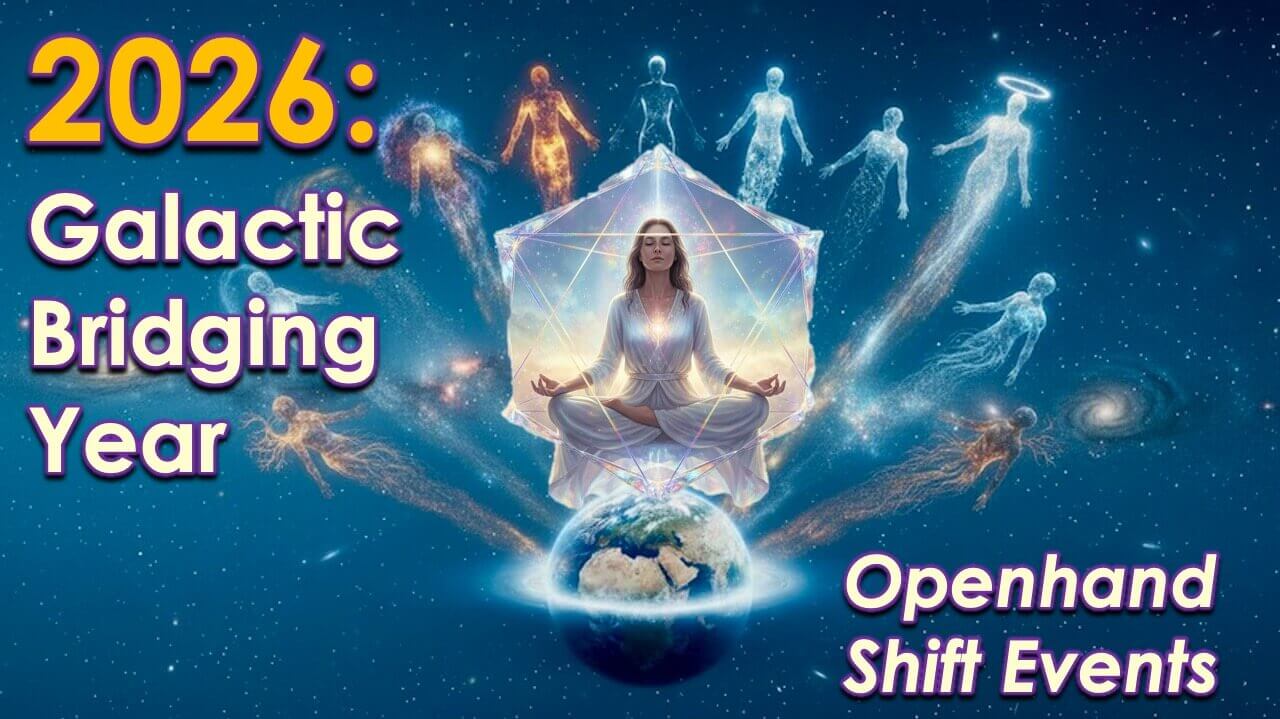 Check Latest EVENTS 2026
Check Latest EVENTS 2026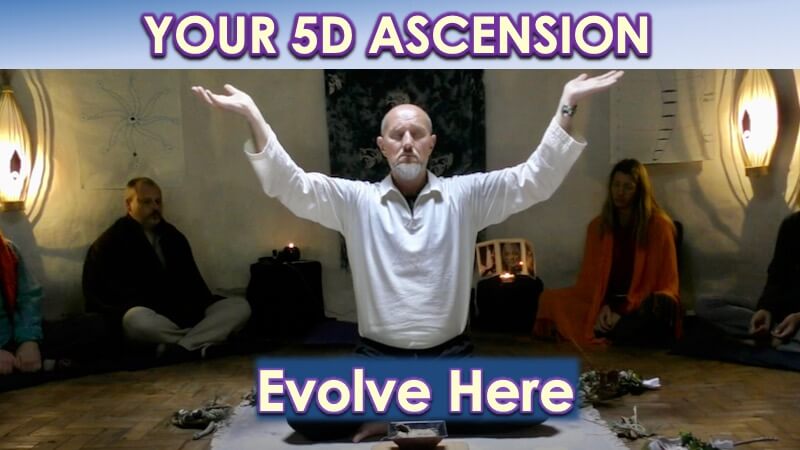 Openhand 5D Ascension Program
Openhand 5D Ascension Program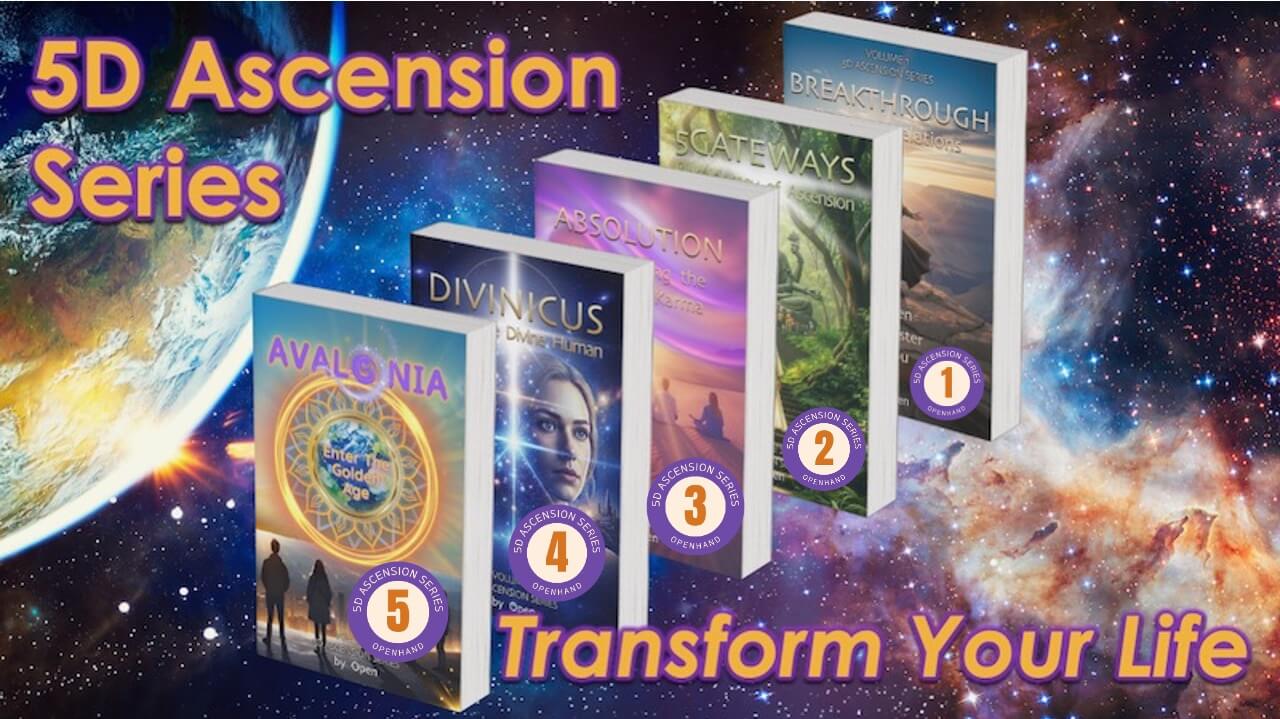 Transform Your Consciousness, uplift your life, enter Golden Age.
Transform Your Consciousness, uplift your life, enter Golden Age.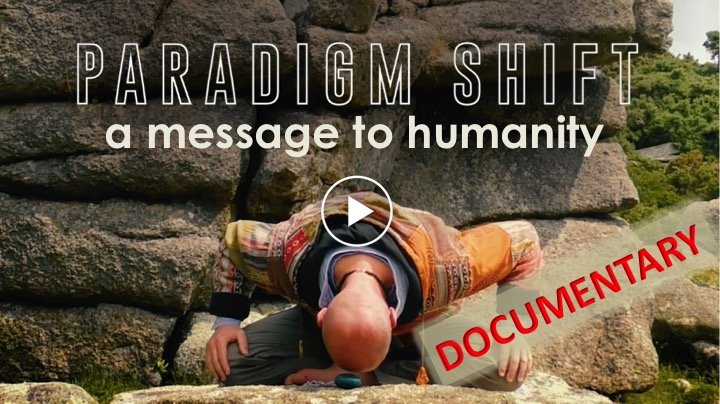
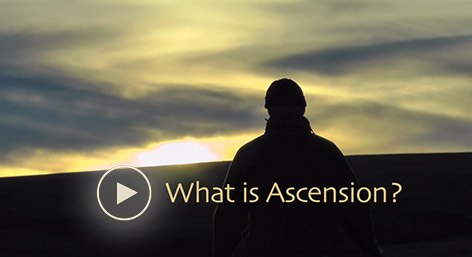
 Break through Your Tightness
Break through Your Tightness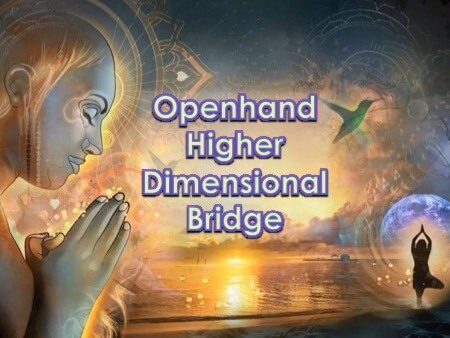


Add new comment